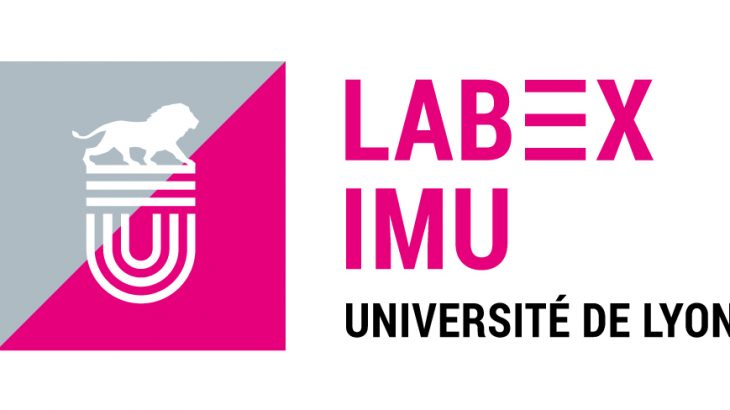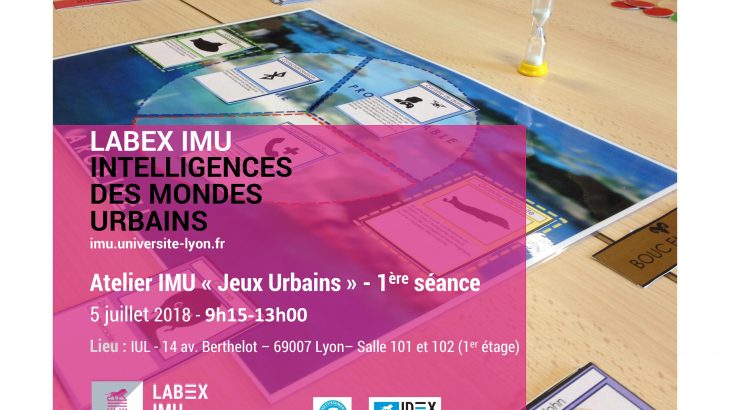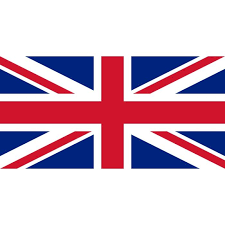Résultats de la recherche pour : sig
-
17 juillet 2018
POUDEV – Energy policies and customs in the city (2012)
Summary: The energy transition is emerging as a new urban public issue which is the subject of debate. Alongside the traditional energy management players (government, major industrial players in the sector), urban players are emerging (local communities, local technical operators – particularly housing operators – resident associations, etc.). While the issue of the energy transition […]
+
-
UNIMAP – Integration of location-based services from several suppliers with a view to creating a unified map – Application to tourist points of interest (POI) (2012)
Summary: The UNIMAP project aims to produce a unified cartography presenting the various points of interest (POI) of a territory, from multiple location-based service providers (LBS) such as Google, Microsoft, Michelin, Open Street Map, etc. These suppliers provide complementary data that is sometimes inconsistent and inexact. UNIMAP proposes to seek a solution for this integration […]
+
-
16 juillet 2018
CANOPY – Exploration of the capacity for and experience of reusing urban rooftops in Lyon (2017)
Summary: CANOPY involves practitioners (Lyon Urban Planning Agency and the associations Marmite Urbaine and GROOF) and researchers from a number of different fields (geography, ICT, urban planning, law, architecture and sociology). The aim of the project is to explore the capacity for the rooftops of Lyon to host urban activities and evaluate specific experiments in […]
+
-
RESILIENCE – Research on the social and political issues surrounding energy precarity and energy consumption (2016)
Summary: The rise in energy prices in the 2000s revealed the energy vulnerability of certain households, linked to their dependence on cars, for some, or the poor thermal performance of their homes, for others, or even both at the same time. A number of research and operationally oriented works have been conducted to define, measure […]
+
-
FABPAT – Sharing the shaping of heritage – Approach and issues concerning the Historical Urban Landscape (HUL) (2016)
Summary: This project is taking place in a context of a significant transformation of the manner in which Unesco world heritage sites, including Lyon (1998), are taken into account and managed. Labex IMU was approached by regional players to implement these new procedures and the proposed consortium includes both the site’s heritage operators and scientists […]
+
-
Atelier IMU Jeux urbains, une première séance réussie
1ère partie Cette première partie (durée 1h20) fut consacrée à jouer, pratique indispensable pour se mettre en condition – 5 jeux étaient disponibles : URBALOG URBALOG est un jeu de plateau destiné à la formation et la médiation autour du croisement des enjeux de l’aménagement urbain et des enjeux de la logistique urbaine. Encadré par […]
+
-
URPOLSENS – Wireless SENSor Networks for URban POLlution Monitoring (2015)
Summary: Monitoring air pollution is an issue of major importance. Today, knowledge about concentrations of pollutants is obtained by combining models of road traffic, weather, etc. and precise measurements taken by a few stations but very costly and therefore few in number. This results in estimates of average pollution levels on a very large scale. […]
+
-
RESALI – Food systems and networks – Innovative and exploratory information systems for greater food justice in metropolises (2015)
Summary: Feeding cities better both in terms of quantity and quality, especially major conurbations, constitutes a challenge for future urban worlds, conceived in particular in terms of sustainability and food justice. At the scale of urban food systems, we need diagnostics to understand in a systematic manner the relationship between consumption basins, supply and food […]
+
-
PATHO-AIR – Use of retention basins in managing storm water: Evaluation of the exposure of neighbouring populations and operators to bioaerosols and pathogenic bacteria (2015)
Summary: The urban environment today concentrates most of the global population and this process does not seem likely to change. As such, town and cities have organised themselves accordingly and significant environmental changes have followed. The water cycle has been particularly disrupted, which has led to the emergence of new risks for societies and their […]
+
-
5 juillet 2018
OMEGA ECO CAMPUS: Application of the approach developed in the framework of the OMEGA project in support of the Eco-Campus project (2012)
Summary: The LyonTech la Doua campus (University of Lyon) is currently being renovated and is destined to become a model experimental eco-campus. Water management (drinking water, rainwater, waste water, etc.) is one of the key areas which will be examined. The project has a dual objective: – support the University of Lyon and the establishments […]
+



